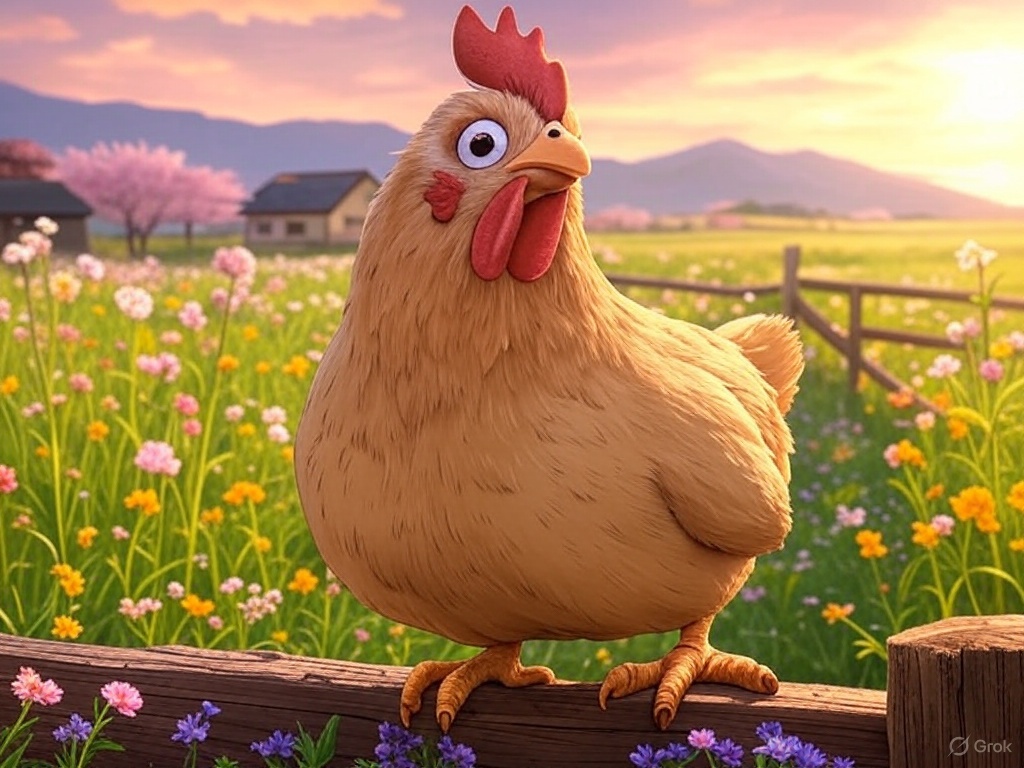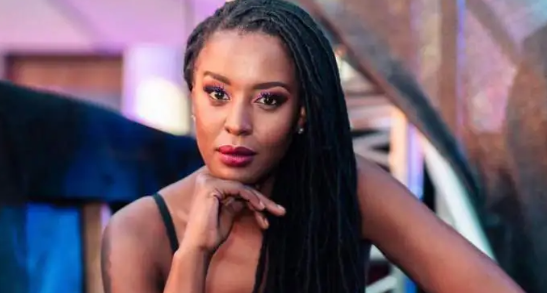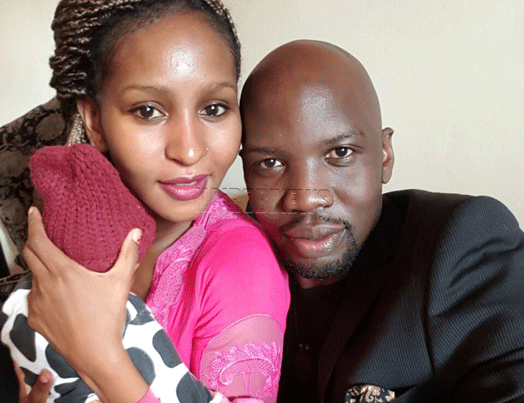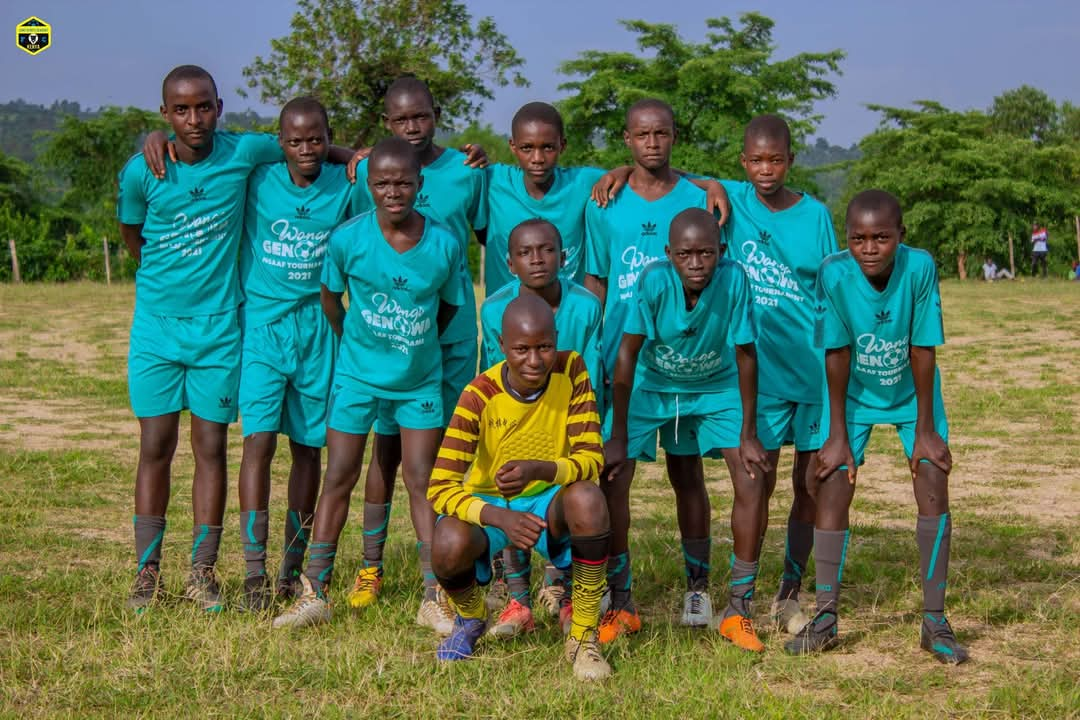Bien Turns Down Sh260 Million Offer to Perform for Free at Darassa’s Album Launch
In a surprising move that has left fans and industry insiders buzzing, Kenyan artist Bien-Aimé Baraza recently revealed that he rejected a staggering Sh260 million ($2 million) offer to perform at Tanzanian rapper Darassa’s album launch, choosing instead to support his friend for free. The announcement, made on April 24, 2025, underscores the deep bond between the two East African music stars and has sparked widespread discussion about loyalty, friendship, and the value of money in the entertainment industry.
Bien, a former member of the acclaimed Kenyan band Sauti Sol, shared the story during his arrival in Dar es Salaam for the launch of Darassa’s introspective album, Take Away the Pain. The event, held at The Warehouse—a venue Bien described as “one of the finest in East Africa”—was a star-studded affair featuring artists like Ali Kiba, Marion, and Jay Melody. As Bien stepped off the plane, he was greeted by flashing cameras, a thrilled Darassa, and a swarm of media eager to hear about his decision.
According to Bien, Darassa personally reached out with the lucrative offer, hoping to have the Kenyan crooner headline the event. “Darassa called me up, telling me he’d pay me two million dollars,” Bien recalled with a smile. However, Bien declined the payment, citing their close relationship. “I told him I wouldn’t take a cent. He’s my blood brother,” Bien said, emphasizing that his decision was rooted in loyalty rather than financial gain. He also praised Darassa’s talent, calling him a genuine artist whose work deserves support.
The news quickly spread across social media, with posts on X reflecting a mix of admiration and skepticism. Many fans lauded Bien’s gesture as a rare display of camaraderie in an industry often driven by profit. Others, however, questioned whether the story might be a publicity stunt to boost the album launch’s visibility, especially given the timing of Bien’s announcement just a day before the event on April 25, 2025. Some even speculated that the figure of Sh260 million might be exaggerated, as such a high payment for a single performance is uncommon in the East African music scene.
Bien’s decision also sheds light on his personal values, shaped by a childhood marked by financial ups and downs. In a 2024 interview, Bien shared how his family struggled after his father lost his job, leaving them with debts across their Kilimani neighborhood. The experience instilled in him a cautious approach to money, prioritizing savings over extravagance. “You’re never going to hear a story of Bien popping bottles in a club,” he had said, a sentiment that aligns with his choice to forgo Darassa’s hefty offer.
Darassa, for his part, has a history of collaborating with Bien, with the duo previously releasing tracks like No Body in 2023 and Down for You earlier in 2025. Their partnership has been celebrated for blending Tanzanian hip-hop with Kenyan R&B, creating hits that resonate across the region. However, Darassa’s own financial journey in the music industry has been rocky. In a 2022 interview, he revealed that his hit song Muziki, despite garnering over 20 million YouTube views, earned him no profit due to issues with ringback tones and streaming platforms in East Africa. This context adds another layer to Bien’s gesture, as supporting Darassa’s album launch for free could be seen as a way to help a friend who has faced industry challenges.
The Warehouse event marked a significant milestone for Darassa, with Take Away the Pain showcasing his growth as an artist. Bien’s presence, alongside other big names, undoubtedly amplified the launch’s success. For Bien, the decision to perform for free was not just about friendship but also a nod to his Tanzanian fanbase, whom he thanked for their unwavering support. “I’ve always felt at home here,” he said, reflecting on his past performances in the country.
While Bien’s rejection of the Sh260 million offer has been widely praised, it also raises questions about the economics of the East African music industry. High-profile artists often rely on such payments to sustain their careers, especially in a region where streaming revenue remains inconsistent. Bien’s ability to turn down such a sum highlights his financial stability, a privilege not all artists share. Critics might argue that his gesture, while noble, sets an unrealistic standard for others who cannot afford to prioritize friendship over income.
As the dust settles on this headline-grabbing story, Bien’s actions have sparked a broader conversation about the balance between money and loyalty in the entertainment world. Whether a genuine act of brotherhood or a calculated move for publicity, his decision has cemented his reputation as an artist who values relationships over riches. For now, fans across East Africa are left celebrating the unity between Bien and Darassa, a reminder that in an industry often driven by profit, friendship can still take center stage.








